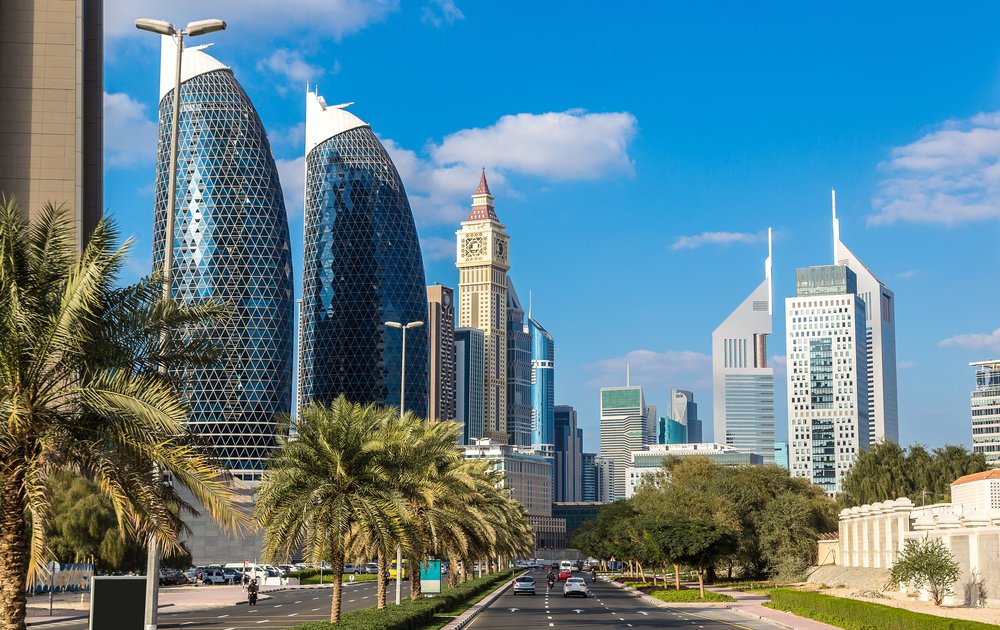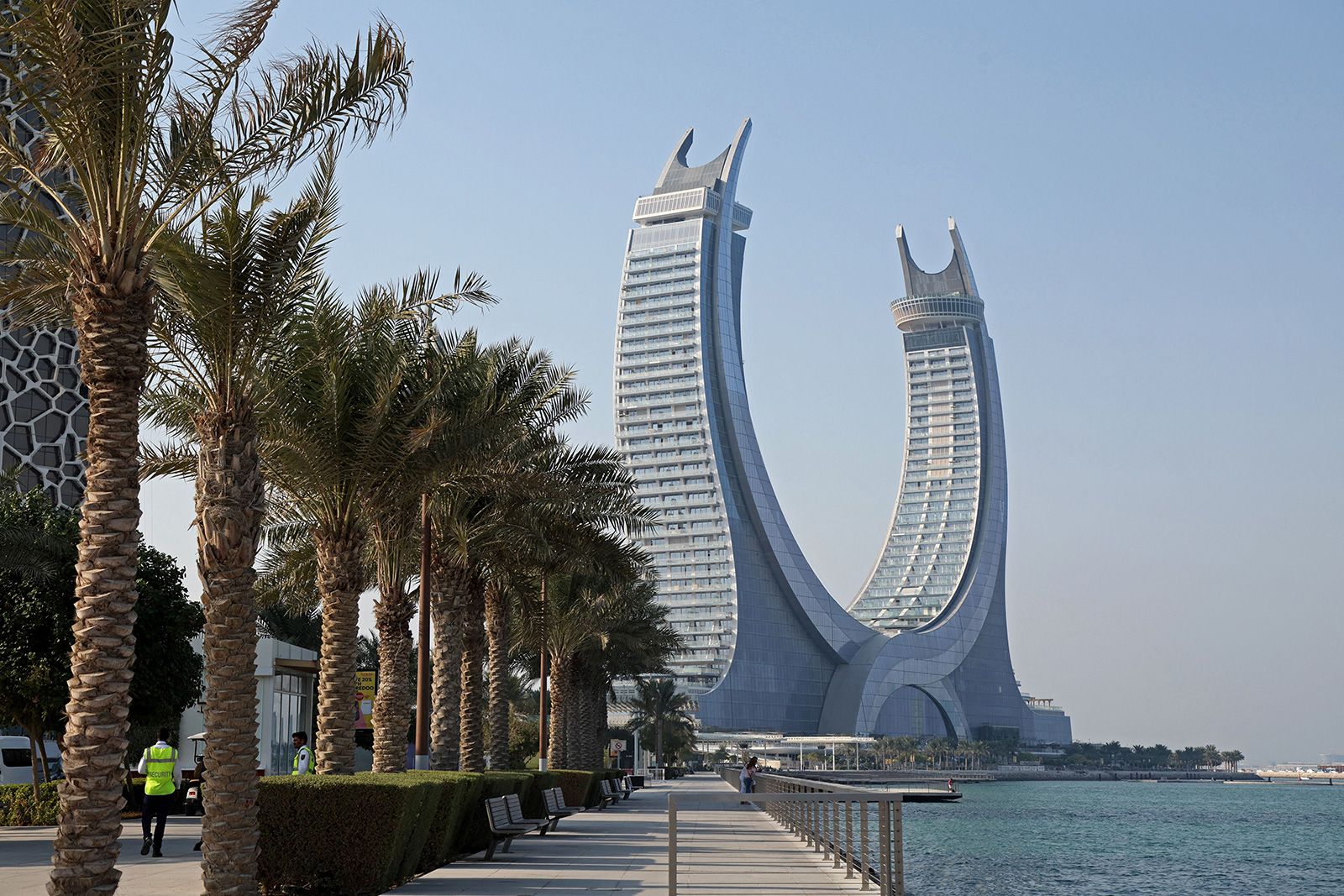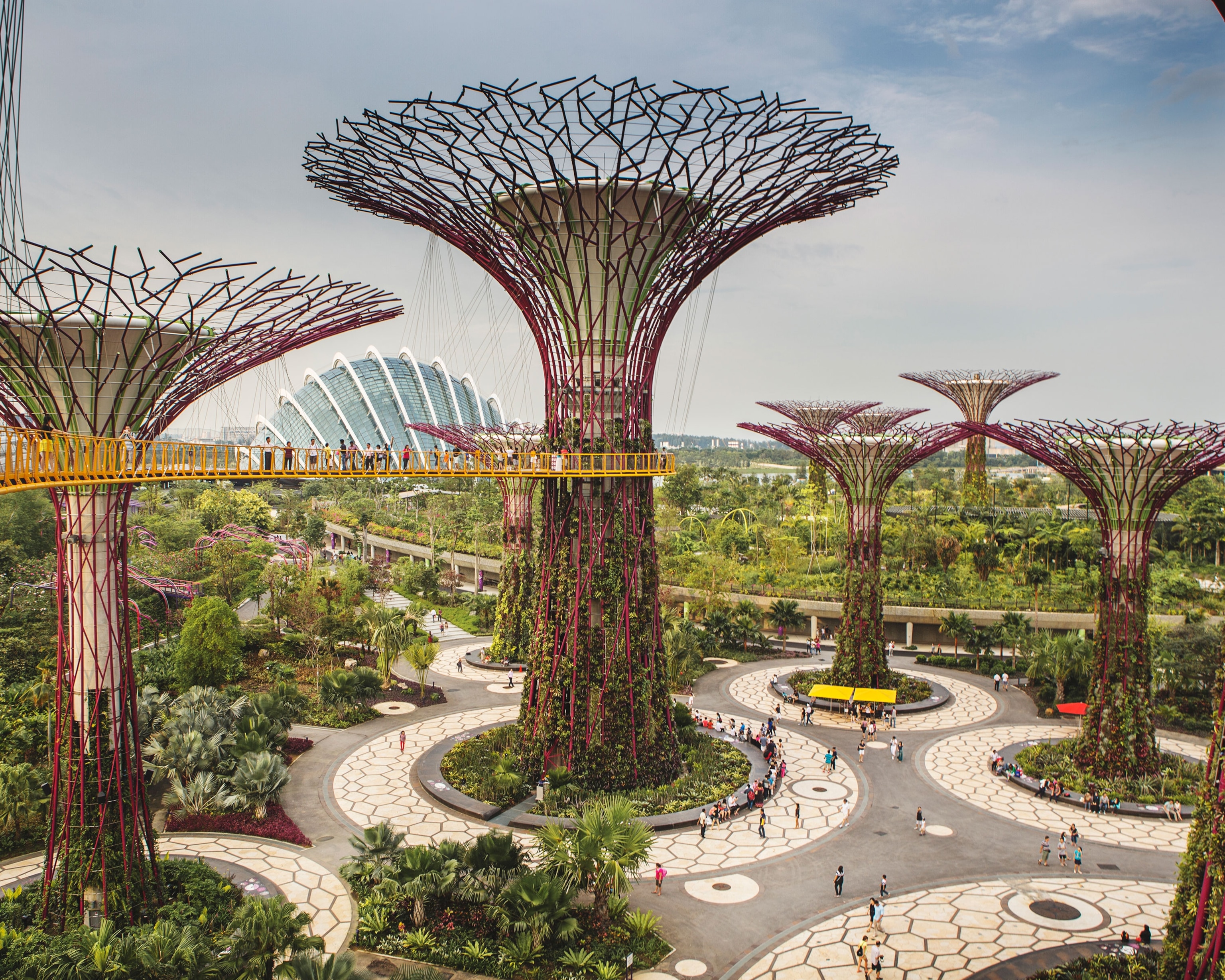Now Reading: Top 10 Richest Countries in the World 2025
-
01
Top 10 Richest Countries in the World 2025
Top 10 Richest Countries in the World 2025

When people search for the top 10 richest countries in the world 2025, they often think only of oil, gold, or vast populations. But wealth, in real economic terms, is measured by the strength of a nation’s economy usually through Gross Domestic Product (GDP) per capita. This indicator balances the size of the economy with the number of people it supports, revealing which countries truly dominate global prosperity.
For Nigerians and Africans, understanding this ranking is not just curiosity, it’s a lesson in how sound policies, diversification, and innovation can turn small nations into global giants.
According to the International Monetary Fund (IMF) and World Bank reports, countries like Luxembourg, Singapore, and Ireland consistently top the charts, outpacing even oil-rich giants. Let’s unveil the list of the Top 10 Richest Countries in the World 2025, and explore what makes them leaders in global wealth.
10. San Marino
:max_bytes(150000):strip_icc()/TAL-san-marino-lead-image-SANMARINO1024-7192dbc41f7243e48f7ee9e314dbc4bc.jpg)
Rounding out the top 10 richest countries in the world 2025 is San Marino.
-
Small population with a strong finance and tourism sector.
-
Low debt levels compared to many European neighbors.
-
Rich cultural heritage boosts steady tourist income.
Like small African nations, San Marino shows that niche economies thrive.
9. Brunei
Brunei may be small, but it earns its place in the top 10 richest countries in the world 2025.
-
Rich in oil and natural gas reserves, which dominate GDP.
-
Citizens pay no taxes and enjoy free healthcare and education.
-
Political stability under the Sultan ensures continuity.
8. United States

READ ALSO: Rodger Dugging: Meet the British Businessman That Owns 450 Cars
The US is a natural contender in the top 10 richest countries in the world 2025, with a GDP per capita above $80,000.
-
Tech giants like Apple, Microsoft, and Amazon dominate global markets.
-
Dollar remains the world’s reserve currency, boosting global influence.
-
Wealth disparity exists, but innovation keeps it on top.
7. Norway

Norway features in the top 10 richest countries in the world 2025 due to its blend of resources and governance.
-
Wealth from oil managed through the world’s largest sovereign wealth fund.
-
Citizens benefit from universal healthcare, free education, and strong pensions.
-
Prioritizes green energy and sustainable practices.
6. United Arab Emirates (UAE)

The UAE’s inclusion in the top 10 richest countries in the world 2025 is a story of vision and transformation.
-
Leveraged oil wealth to build Dubai and Abu Dhabi into global trade centers.
-
Tourism, real estate, and aviation now contribute massively to GDP.
-
Free zones attract entrepreneurs with zero-tax policies.
5. Switzerland

Switzerland’s spot in the top 10 richest countries in the world 2025 is secured by its dual strengths in banking and innovation.
-
Global hub for pharmaceuticals, watchmaking, and finance.
-
Strong currency (Swiss Franc) and low unemployment rates.
-
Known for stability, neutrality, and an educated workforce.
4. Qatar

Qatar remains a giant in the top 10 richest countries in the world 2025, thanks to its oil and natural gas reserves.
-
Massive investments in infrastructure, education, and sports (hosted the FIFA 2022 World Cup).
-
Citizens enjoy free healthcare, education, and subsidized utilities.
-
Slowly diversifying into finance and tourism.
3. Singapore

Singapore shines in the top 10 richest countries in the world 2025, with a GDP per capita of about $90,000.
-
No natural resources, yet built wealth through strategic location and trade.
-
One of the world’s most efficient ports and aviation hubs.
-
Strong governance, strict laws, and zero tolerance for corruption.
2. Ireland

READ ALSO: 7 Countries Where Nigerians Can Relocate Without Visa
Ireland’s place in the top 10 richest countries in the world 2025 is remarkable, considering its history of poverty just a century ago.
-
Attracts big tech firms like Google, Apple, and Facebook through low corporate tax rates.
-
Education and innovation drive its economy, making it a tech hub of Europe.
-
Citizens enjoy high life expectancy and strong healthcare systems.
1. Luxembourg

The top 10 richest countries in the world 2025 begins with Luxembourg, a tiny European nation with less than a million people but a GDP per capita surpassing $125,000.
-
A powerhouse in financial services, hosting some of Europe’s largest banks.
-
Politically stable with pro-business tax policies that attract global corporations.
-
Known for high-quality infrastructure, low unemployment, and strong welfare support.
The top 10 richest countries in the world 2025 are not just about oil, population, or size. They are about:
-
Stable governance and policies (Luxembourg, Switzerland).
-
Education and innovation (Ireland, Singapore).
-
Effective resource management (Norway, Qatar).
-
Diversification and vision (UAE, US).
For Nigeria, which has Africa’s largest economy but struggles with poverty, the roadmap is clear: discipline, diversification, and citizen-centered policies.
As the World Bank and Statista highlight, wealth distribution is more important than raw GDP. A country’s richness should be measured not just in numbers, but in how much its citizens feel it in their daily lives.





